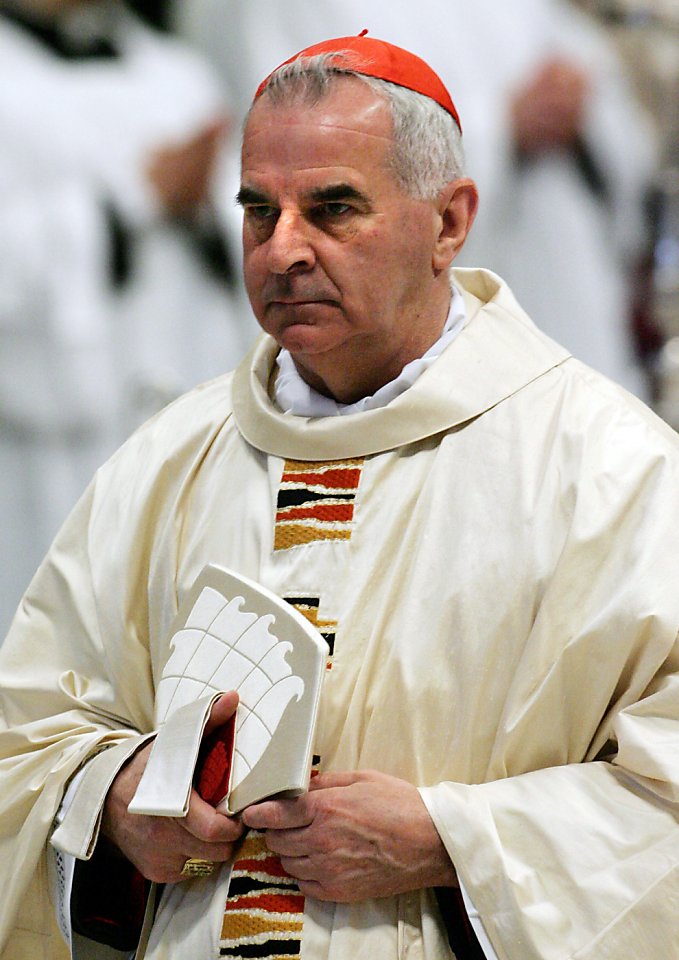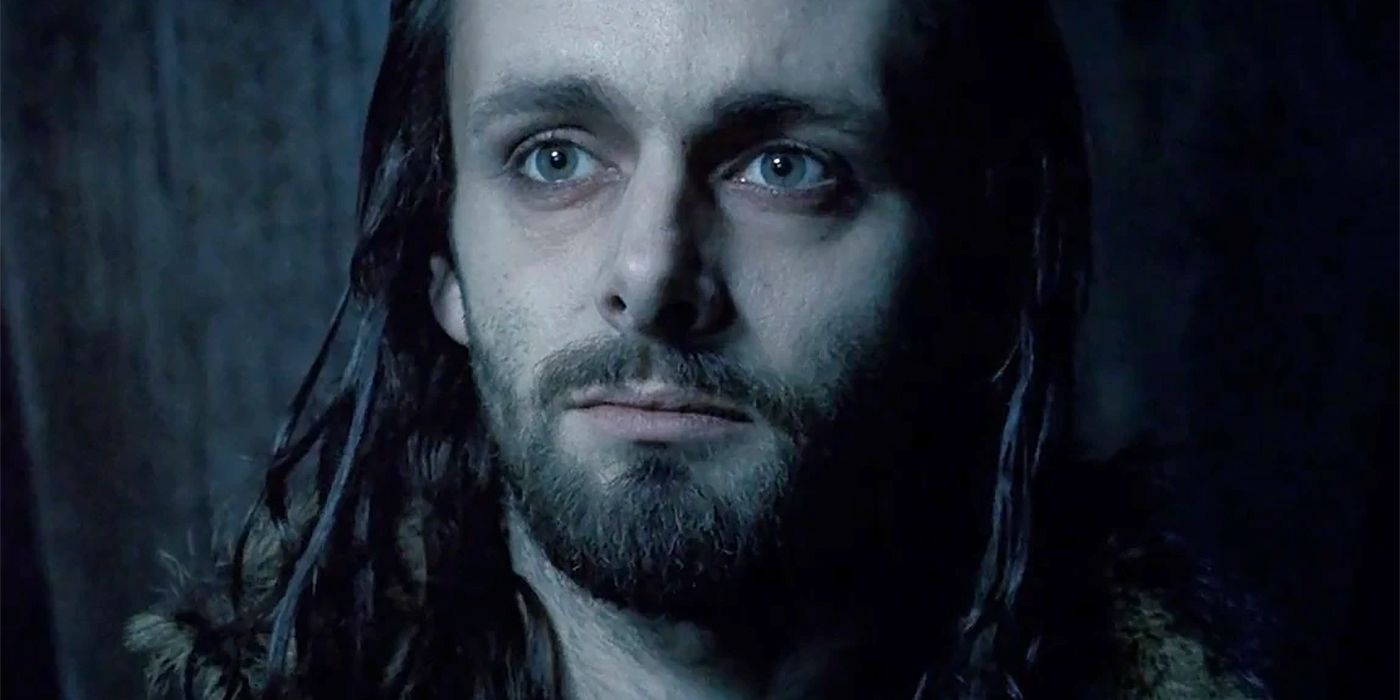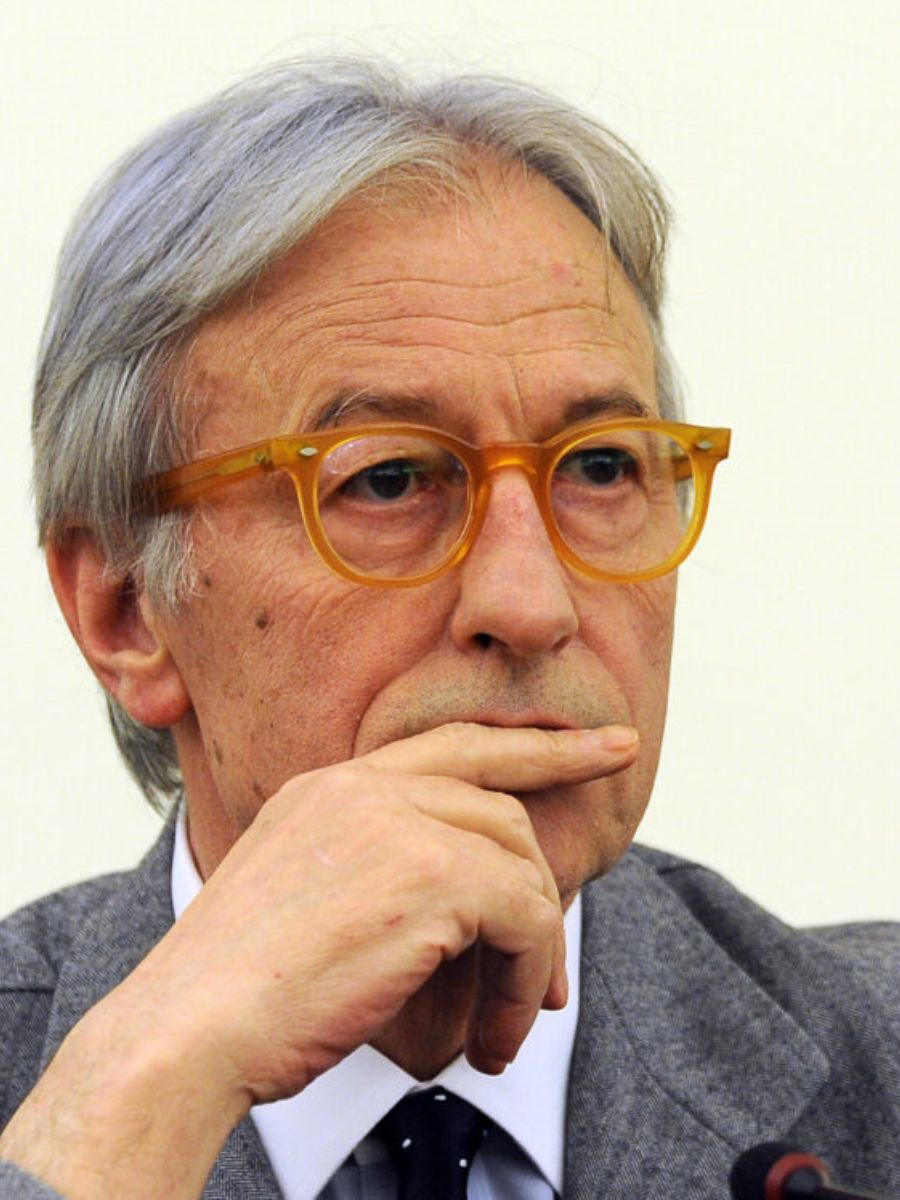Prosecutorial Misconduct Allegations In Cardinal Trial Gain Traction With New Evidence

Table of Contents
The Nature of the Alleged Prosecutorial Misconduct
The allegations against the prosecution team are multifaceted and deeply concerning. They encompass the withholding of exculpatory evidence, coercion of witnesses, and the presentation of potentially fabricated or misleading evidence. These actions, if proven, represent a gross violation of the Cardinal's rights and a profound undermining of the judicial process.
Withholding of Exculpatory Evidence
The prosecution's alleged failure to disclose evidence favorable to the Cardinal is a central element of the misconduct claims. This alleged suppression of evidence is a serious breach of the defendant's right to a fair trial, as guaranteed by fundamental legal principles.
- Specific examples of withheld evidence include:
- A witness statement from Sister Agnes detailing an alibi for the Cardinal during a critical timeframe. This statement directly contradicts the testimony of the prosecution's key witness, Mr. Elias Thorne.
- A forensic report indicating that crucial DNA evidence presented by the prosecution was potentially contaminated, casting doubt on its reliability.
- Financial records demonstrating a plausible alternative explanation for a financial transaction central to the prosecution's case, suggesting innocent intent.
The impact of this withheld evidence is potentially significant, as it could have dramatically altered the course of the trial and the jury's perception of the Cardinal's guilt or innocence. The prosecution's failure to disclose this material constitutes a clear violation of the defendant's right to a fair trial.
Coercion and Improper Influence on Witnesses
Allegations of witness tampering and coercion further cast a shadow over the prosecution's conduct. Several witnesses have come forward claiming they were pressured to give false testimony, raising concerns about the reliability of the prosecution’s case.
- Specific examples of witness coercion include:
- Testimony from Ms. Elena Rossi, claiming she was threatened with arrest if she did not provide testimony supporting the prosecution’s narrative.
- Accounts from several other witnesses describing intimidation tactics and inducements offered by members of the prosecution team.
These allegations suggest a deliberate attempt to manipulate witness testimony, thereby undermining the integrity of the judicial process and jeopardizing the fairness of the trial. Such actions are not only ethically reprehensible but also potentially illegal.
Presentation of Fabricated or Misleading Evidence
The prosecution is also accused of presenting evidence that is either fabricated or misleading. This involves the potential manipulation or misrepresentation of evidence to strengthen their case against the Cardinal.
- Specific instances of potentially fabricated or misleading evidence include:
- Questions surrounding the chain of custody for a crucial piece of physical evidence, raising concerns about potential tampering.
- Discrepancies in expert testimony concerning the interpretation of forensic data, suggesting a deliberate attempt to misrepresent the findings.
The deliberate presentation of false or misleading evidence is a grave offense, severely damaging the integrity of the legal proceedings and undermining public confidence in the justice system.
The Impact of the New Evidence
The new evidence of prosecutorial misconduct has ignited a firestorm of public reaction and media attention. This has led to widespread calls for a retrial or dismissal of the charges against the Cardinal.
Public Outcry and Media Attention
The allegations have garnered significant media attention, with major news outlets like the New York Times and CNN reporting extensively on the developing story. Social media has also played a key role, with hashtags like #JusticeForCardinalDeLuca trending widely.
- Specific examples of media coverage and public reaction include:
- Numerous articles detailing the specific allegations of prosecutorial misconduct.
- Editorials calling for a full and transparent investigation into the matter.
- Social media campaigns expressing outrage and demanding accountability.
The intense public scrutiny highlights the seriousness of the allegations and the public’s demand for transparency and justice.
Calls for a Retrial or Dismissal
Legal experts and advocacy groups are calling for a retrial or the outright dismissal of the charges against Cardinal De Luca, citing the overwhelming evidence of prosecutorial misconduct.
- Specific legal arguments include:
- Violation of the Cardinal's Sixth Amendment right to a fair trial.
- The potential for irreparable harm caused by the prosecution's actions.
- The undermining of public trust in the integrity of the judicial system.
Prominent legal scholars and defense attorneys have voiced their concerns, further bolstering the calls for significant action to rectify the situation.
Ethical Implications for the Prosecution
The alleged misconduct carries significant ethical implications for the involved prosecutors, potentially resulting in disciplinary actions, reputational damage, and legal repercussions.
- Potential consequences for the prosecutors include:
- Disciplinary hearings and potential disbarment.
- Civil lawsuits from the Cardinal for damages.
- Criminal charges for obstruction of justice or perjury.
The severity of the allegations necessitates a thorough and impartial investigation to determine the full extent of the misconduct and hold those responsible accountable.
The Future of the Cardinal's Trial
The future of Cardinal De Luca's trial remains uncertain. The defense team is expected to pursue aggressive legal strategies, potentially leading to significant challenges for the prosecution.
Legal Strategies and Upcoming Hearings
The defense is expected to file motions to dismiss the charges based on the new evidence of prosecutorial misconduct. This will likely involve several court hearings and appeals.
- Potential outcomes of the legal proceedings include:
- Dismissal of the charges against the Cardinal.
- A mistrial declaration.
- A retrial with a new prosecution team.
The outcome of these legal proceedings will significantly impact not only the Cardinal's fate but also the reputation of the justice system.
Potential Long-Term Effects on the Legal System
This case highlights the crucial need for increased oversight and accountability within the prosecutorial system. The allegations of prosecutorial misconduct raise serious concerns about the integrity of the legal process and public trust in the justice system.
- Potential long-term effects on the legal system include:
- Increased scrutiny of prosecutorial practices.
- Reform efforts to improve accountability and prevent future misconduct.
- A renewed focus on ensuring fair trials and protecting the rights of defendants.
The consequences of this case could extend far beyond the Cardinal's trial, serving as a catalyst for significant reforms within the legal system.
Conclusion
The allegations of prosecutorial misconduct in the trial of Cardinal Robert De Luca are a grave matter with profound implications. The emergence of new evidence casts serious doubt on the integrity of the prosecution and raises critical questions about the fairness of the legal proceedings. The calls for a retrial or dismissal underscore the gravity of the situation and the urgent need for a thorough investigation. The ongoing legal battle and its outcome will have a profound impact not only on the Cardinal’s fate but also on the public’s trust in the justice system. Staying informed about the developments in this case and similar instances of alleged prosecutorial misconduct is crucial for ensuring accountability and upholding the principles of justice. Continue following updates on this important case to understand the future implications of these prosecutorial misconduct allegations.

Featured Posts
-
 Englands Dramatic Victory A Late Show Against France
May 01, 2025
Englands Dramatic Victory A Late Show Against France
May 01, 2025 -
 Inside Michael Sheens World Relationships Wealth And Career Choices
May 01, 2025
Inside Michael Sheens World Relationships Wealth And Career Choices
May 01, 2025 -
 Dagskra Fyrir Meistaradeildina Og Nba Leiki I Bonusdeildinni
May 01, 2025
Dagskra Fyrir Meistaradeildina Og Nba Leiki I Bonusdeildinni
May 01, 2025 -
 Thunder Over Louisville Fireworks Show Postponed Due To Severe Flooding
May 01, 2025
Thunder Over Louisville Fireworks Show Postponed Due To Severe Flooding
May 01, 2025 -
 Venerdi Santo La Croce E Il Commento Di Feltri
May 01, 2025
Venerdi Santo La Croce E Il Commento Di Feltri
May 01, 2025
